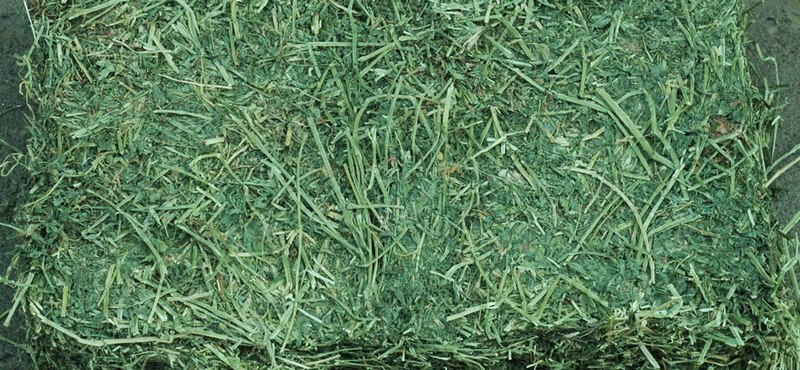Have you ever thought about what comprises the ideal horse feed? The answer to this question can vary depending on your individual situation. You have to remember that horses fall under several classifications:
- Active
- Pleasure and/or maintenance
- Performance and/or racing
- Breeding
- Growing
- Senior
While most horses fit into one of the categories listed above, some horses fit into a “special needs” category. In spite of where your horse fits into an individual category, he still requires the same nutrients as any other horse: water, vitamins, minerals, energy and protein.
Just like a human every horse is individual and has a different metabolism. Because of this they have different requirements that may create different nutritional requirements even among horses with the same body weight and activity levels. Another very important fact to keep in mind is the majority of horse nutrition comprised of forage in the form of hay or pasture. The type of forage that is available for your horse will have a major effect on his horse feed requirements. For instance, a horse a horse whose diet is comprised of free-choice green pasture or high quality hay may require different options in horse nutrition than horses that eat limited quantities or lesser quality forages. Give your horse a quality feed.
A well-balanced diet is just as essential for horses as it is for humans. Improper nutrition can lead to a variety of illnesses and weaknesses that are the direct result of either deficiencies or excesses in the diet. What does this mean in about the best horse feed? Quite simply when you look for the ideal horse feed you must find a feed that is nutritionally balanced. Something else to note is even though many feed ingredients may have a long history in providing proper horse nutrition, they are insufficient for providing balanced nutrition for your horse. I love horses.
One example of an unbalanced diet is providing feed such as corn, oats, barley, beet pulp and soybean meal. While these ingredients may be popular in many diets, they do not contain in ingredients necessary for a balanced diet even when they are fed in combination rather than just alone. Even oats, a popular horse grain you will find in horse feeds is safe to feed alone, but it fails to provide the necessary vitamins, minerals and energy sources your horse may need.
The other question that may come to mind is whether there is a need for supplements for horses. Does your horse actually need supplements? If so, what kinds are appropriate? You want to keep in mind there is not usually a need for supplements for horses. For instances horses that fall into one of the five “normal” categories as listed above supplements for horses are completely unnecessary.
There is never any harm in providing supplements, right? WRONG! In fact you risk diminishing the value of the natural balanced diet you are feeding your horse by adding additional vitamins and minerals he does not need. While most people have a tendency to think that more is better than less, the truth is there is just as much danger in feeding a diet deficient in vitamins and minerals as in not feeding enough. The key to good nutrition for your horse is in the right balance of all essential nutrients based on the age, classification, exercise and energy level of an individual horse. Horses are awesome.
The only supplement you should absolutely provide your horse is salt, and this can be in either block or loose form. All other supplements for horses should only be used if your veterinarian recommends them for specific needs or purposes relative to your horse’s diet and nutritional needs. Abiding by the old adage that says, “If it ain’t broke don’t fix it” certainly fits well when it comes to providing for the needs of your horse.



